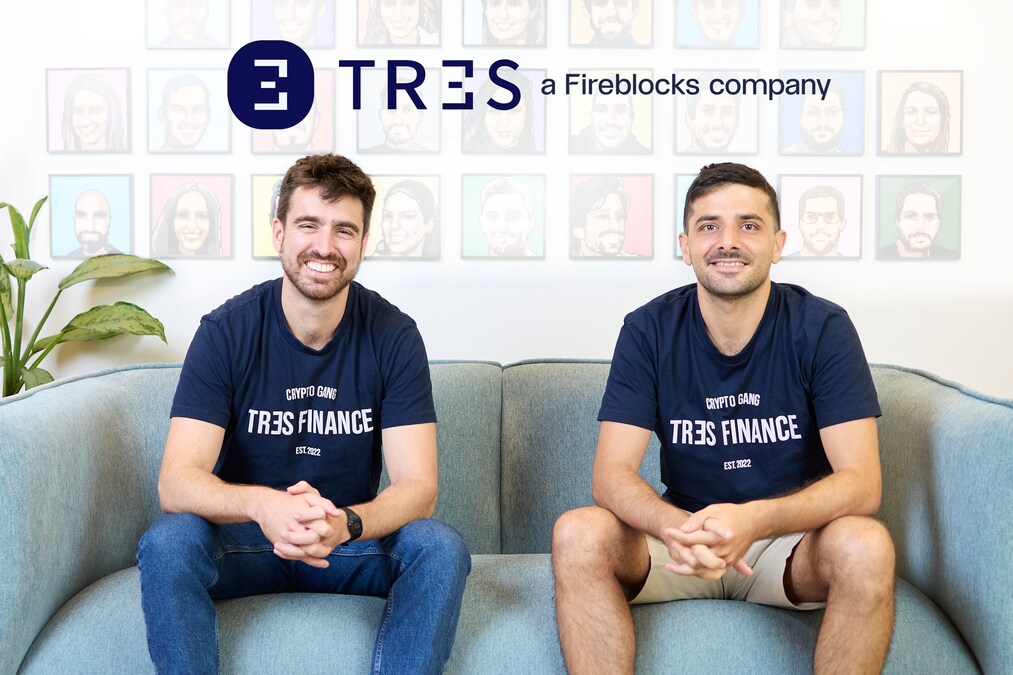Time and time again, I talk to companies that are in the middle of an ICO, and the way they set up their companies, are crazy. I have an appointment next week with an ICO company, that has set up a company in the Cayman Islands, which has no tax. Has a management company in Singapore, that has a 15% tax, and a Holding Company in the US.
So, let me walk you through this. We have an ICO that occurs in the Caymans. If any US investor is involved, they have to report the transaction, and it’s taxable. Then we move the money to Singapore, where we pay 15% tax. Then we repatriate this money back to the US. Note, when the money is repatriated to the US, there is a 15.5% tax to the US company. Not to mention that US citizens or subjects[1], are taxed on worldwide income, so any money made on the ICO, is taxable to the US miner[2].
The question is, how does the US know. The IRS has agreements with all countries, which report the value of the assets in that country. Further, when the miner exchanges the token[3] for another token, that is a taxable event in the US. So why are these companies set up so intricately, when they don’t have to.
First of all, most companies I talk to are US Companies. They have gotten some advice, to set their companies up this way. Most say to avoid regulation. Which I ask, what regulation? The taxes set up by the structure listed above are 15% to Singapore, 15.5% on the repatriation of the money to the US, and US Income Tax, which depends on how the company is set up.
If this sounds expensive, it is. If the company was to just form in the US here is what would happen. The company can do two things. Start an LLC, taxed as a C-Corporation, paying a flat 21%. The members within the LLC, when the ICO is over, take their original capital out, which is not taxable, and call it a day. The next way to do this, completely tax free, takes both time, and patience.
Another way to do it, is how we did it back in 2013. You create a token and form an LLC, taxed as a Partnership. This time, you open a shell corporation[4], to be the general partner (GP). The GP is the one responsible for the LLC. As it is a shell corporation, if all goes south, there are no assets to take. The miners, then invest their crypto into the LLC, for a percentage of the LLC. They are considered limited partners. The ICO then takes place, and the limited partners can take their money and leave, which is preferable, or the LLC can decide to invest those earnings into another token, and keep going.
The taxable affect to the LLC is null. It is a pass-thru entity. The limited partners, are taxed on the profit of the LLC, and the income is treated as passive. If the LLC keeps reinvesting the profits, then the investors have more passive income. The point is to put the odious of the taxation is on the partners.
The question that I always get asked about the foreign structure, is how does the IRS, know that the money made overseas has been repatriated. First of all, the crypto will be tracked by the blockchain, and wallets. It is well known that the IRS served John Doe Summonses[5] on Coinbase, which is the biggest wallet for crypto. Not to mention, the US Government is keen to the large movements of money or crypto.
Forming these companies overseas is one thing, but when you add a US company to it, you could set up Subpart F Income[6]. I can see if the SEC was involved then to move offshore, but you are setting up a potential for 40% in taxes, split between the various countries.
The theory behind making money on ICO’s is to take about 30% off the table after the ICO is complete. You then convert to Bitcoin or Ether, sometimes cash. Now it is important to point out that every time that you convert from one token to another, it is a taxable event for US citizens or subjects. The best way to explain this, is let’s say that you have two Troy Ounces of Gold worth $30. You exchange the gold for platinum that is worth $40. You have a $10 taxable gain. If you held the gold for a year and a day, crypto included, then you pay a tax of 0%, 15%, or 20%, depending on your adjusted gross income (AGI). If held for less, then you pay ordinary income tax. However, if you are an investor in an LLC that does an ICO, your income is passive. Meaning, let’s your share of the ICO is $30. You invested $50. You take out the money, and are only taxed on $30. If you leave the money in the LLC, and it continues to convert and make more money. It doesn’t matter what you take out, you are taxed on the profit only.
Here is where the real money is in crypto. Some ICO, create their own blockchain. A blockchain is basically a ledger that keeps track of all crypto transactions. However, the blockchain, which is open source, believe it or not, is now finding its way into traditional financial institutions, and other places.
As I have written before, regulation from the SEC is coming. There are some ICO’s that are scams. However, there are companies, that are taking measures into their own hands, and are certifying ICOs. The certification process by these companies are vigorous, and I refer all my ICO clients to them.
The point that I am making is when it comes to ICOs, there are some lawyers, and promoters of these offshore companies. The problem is that lawyers don’t know the first thing about tax law, and most tax accountants know how to structure companies, and pay attention to the tax law.
[1] Those that have a green card or can file Form 1040
[2] Those that invest in cryptocurrency
[3] Slang for cryptocurrency
[4] A company with no discernible assets
[5] In the tax realm a John Doe Summons requests the names and transactions of all involved with a particular monetary institution
[6] The Subpart F provisions eliminate deferral of U.S. tax on some categories of foreign income by taxing certain U.S. persons currently on their pro rata share of such income earned by their controlled foreign corporations (CFCs). This approach is based on the principles underlying the United States’ taxing jurisdiction. In general, the United States does not tax a foreign corporation if the foreign corporation neither receives U.S.-source income nor engages in U.S.-based activities. However, the U.S. does generally tax all income, wherever derived, of U.S. persons. The Subpart F rules operate by treating a U.S. shareholder of a CFC as if it actually received its proportionate share of certain categories of the corporation’s current earnings and profits (E&P). The U.S. shareholder is required to report this income currently in the United States whether or not the CFC actually makes a distribution (I.R.C. § 951(a)).
Thanks for reading CPA Practice Advisor!
Subscribe Already registered? Log In
Need more information? Read the FAQs
Tags: Digital Currency




